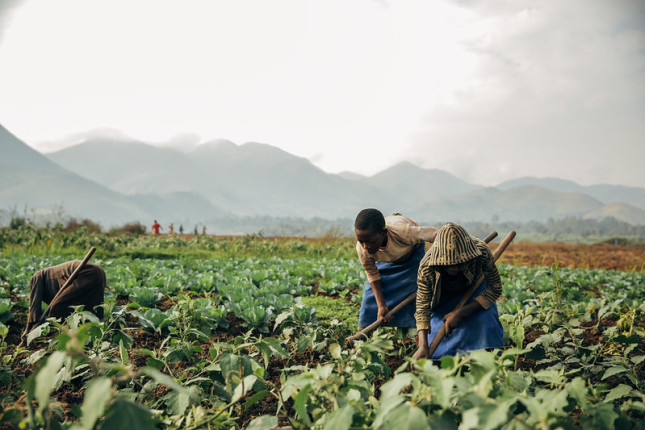-
‘An ounce of prevention is worth a pound of cure’: U.S. conflict prevention policy in a world of climate change
›The crisis in Ukraine is rightly at the center of U.S. foreign policy attention but, even in the midst of that justified focus, the latest IPCC report unflinchingly reminds us of another emergency: we are running out of time to avoid the most devastating effects of climate change, including the social, economic, environmental and security risks that can actually drive war.
-
Integrating Conflict Prevention and Climate Change in U.S. Foreign Policy and Development Assistance
›
Climate change is no longer an abstract issue we may face in the future. Devastating forest fires, the hottest June on record in the United States, lethal flooding in Europe and Asia, and extreme droughts in Africa reveal that the climate is already changing with extreme consequences. Even more concerning than these events alone is the reality that the drivers of climate change, violent conflict, and fragile states compound each other. Climate change exacerbates unstable social, economic, and political conditions, while conflict and fragility can hinder effective climate change response and adaptation. The U.S. can address the compound risks created by both of these issues only through integration of conflict prevention and climate change in its foreign policy and development assistance.
Showing posts by Cynthia Brady.






